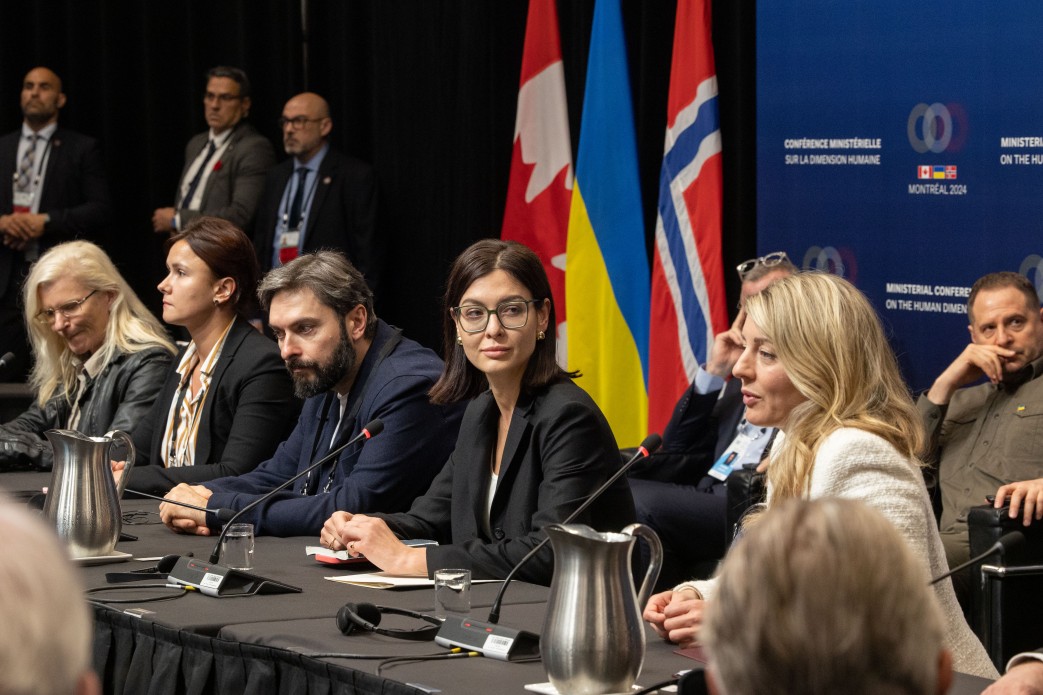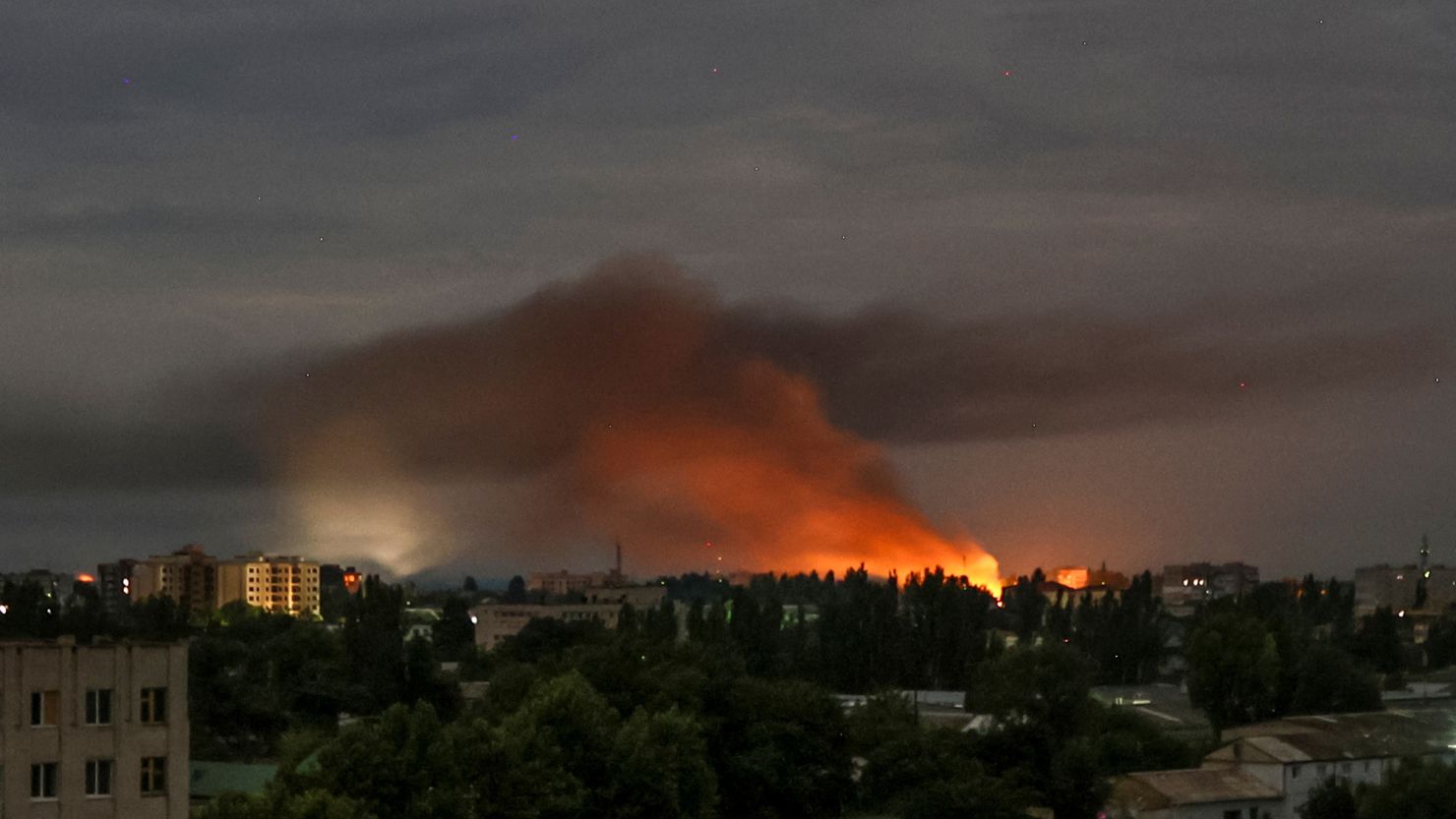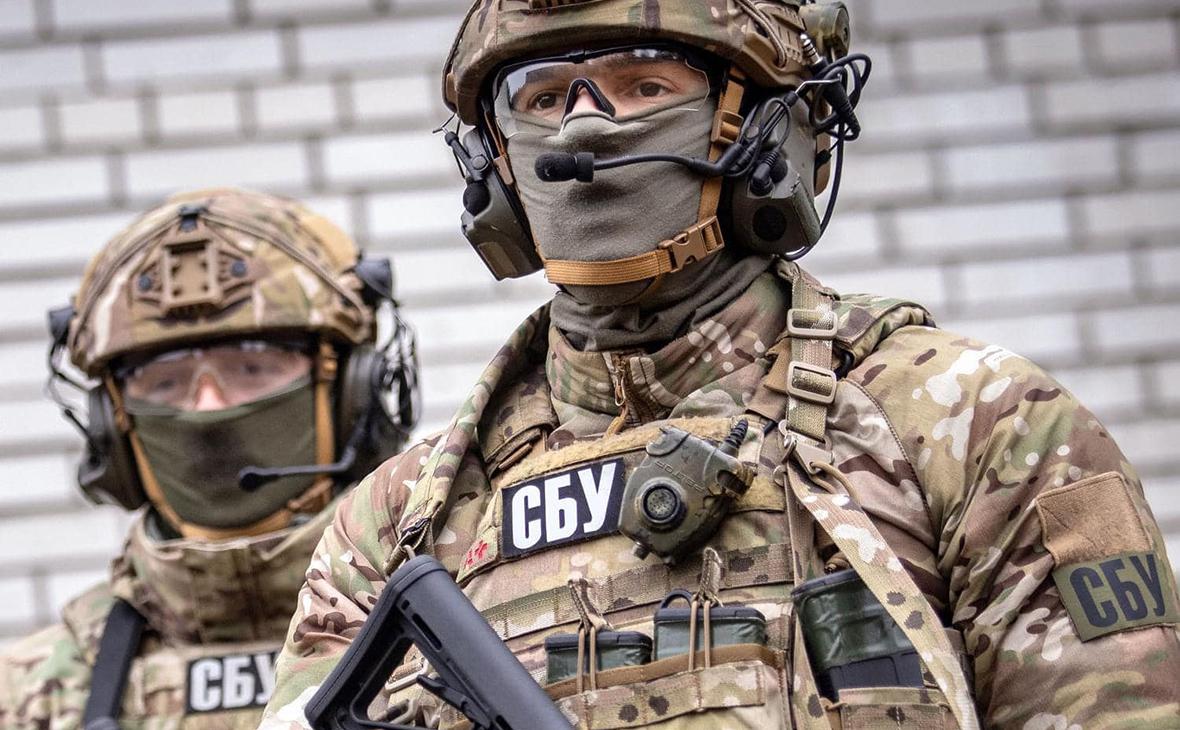As part of the Ministerial Conference on the Human Dimension of the Peace Formula, a thematic panel with testimonies of Ukrainians returned from deportation and captivity was held. The event was moderated by Dariia Zarivna, Advisor to the Head of the Office of the President of Ukraine.
“This conversation is challenging, difficult, but necessary. It is about pain and suffering, but also about strength, hope, and faith. It is also about the issue of crimes that remain unpunished,” said Dariia Zarivna at the beginning of the panel.
She stressed that during this panel, the conference participants will hear testimonies of people who were lucky enough to survive the Russian terror machine.
“I would like you not only to hear from us, but also to feel what it is like to be a Ukrainian in Russian captivity. Because there, in addition to physical abuse, you experience strong psychological pressure on your mind and mentality,” noted prisoner of war Maksym Kolesnikov, who spent more than 10 months in captivity since March 2022.
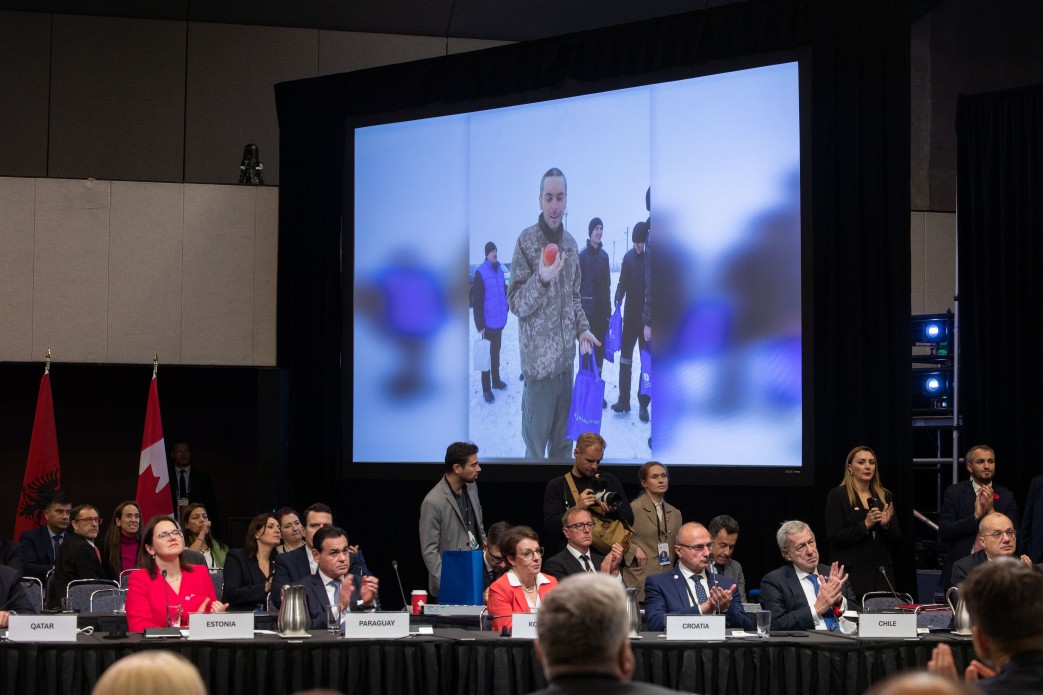
He said they were beaten and starved in captivity. The most difficult period was when the prisoners were forbidden to even talk to each other and forced to stand for hours.
Maksym Kolesnikov urged the participants to fight for the release of one of his brothers-in-arms who is still in captivity. His life is in danger.
Kateryna Yesypenko shared the story of her husband, journalist Vladyslav Yesypenko, who worked in Crimea as a freelance correspondent for the Krym.Realii project (Radio Svoboda). He was detained by the Russian FSB in March 2021. Vladyslav is one of 30 journalists held captive by the Russian forces.
“This winter marks the fourth year of his illegal imprisonment. After his detention, he was tortured with electric shocks to get his false testimony,” said Kateryna Yesypenko.
She stressed that her husband is “guilty” only of informing the world about the situation in the occupied Crimea.
“He knew it was dangerous. But his commitment to his country and to the truth was stronger than his fear. And his case deserves the highest attention of world leaders,” the wife of the imprisoned journalist said.
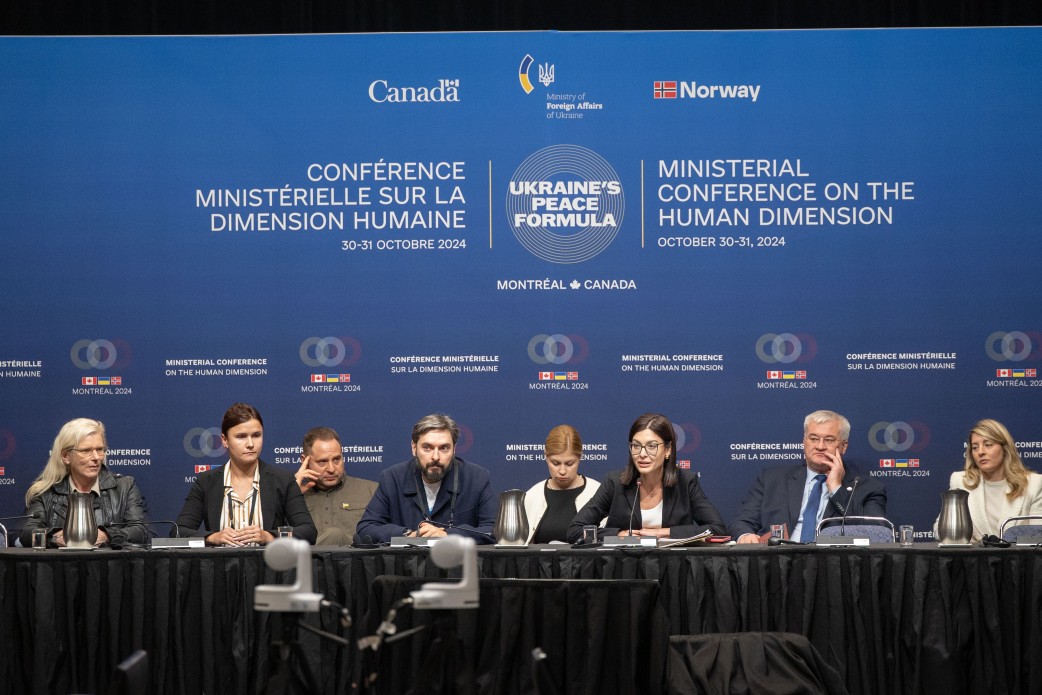
Ukrainian paramedic and volunteer Yuliia Paievska (Taira), who was captured in 2022 and released after three months of detention thanks to diplomatic efforts and the support of the international community, described to the audience what torture by electric shock is.
“It's when your muscles are too tense. When your back is bent like a bow. It's when your joints seem to bend in the opposite direction, when your ligaments are about to break. When your breath catches, when your heart beats so fast it threatens to stop. It's when you scream, scream, scream, and it goes on for hours,” she explained.
Yuliia Paievska noted that in this way she was forced to confess to crimes she had never committed, but on the contrary, she took care of the wounded, including even Russians.
The paramedic also spoke about other methods of physical and psychological pressure, including depriving prisoners of vital medicines and terrible detention conditions.
“The Red Cross has not reached anyone I have spoken to during these almost three years of war. Nor has it reached me. Perhaps there are people who could organize a normal alternative to the International Red Cross that would finally get to our prisoners and check the conditions of detention of both civilians and military,” she concluded.









